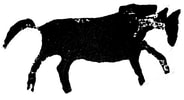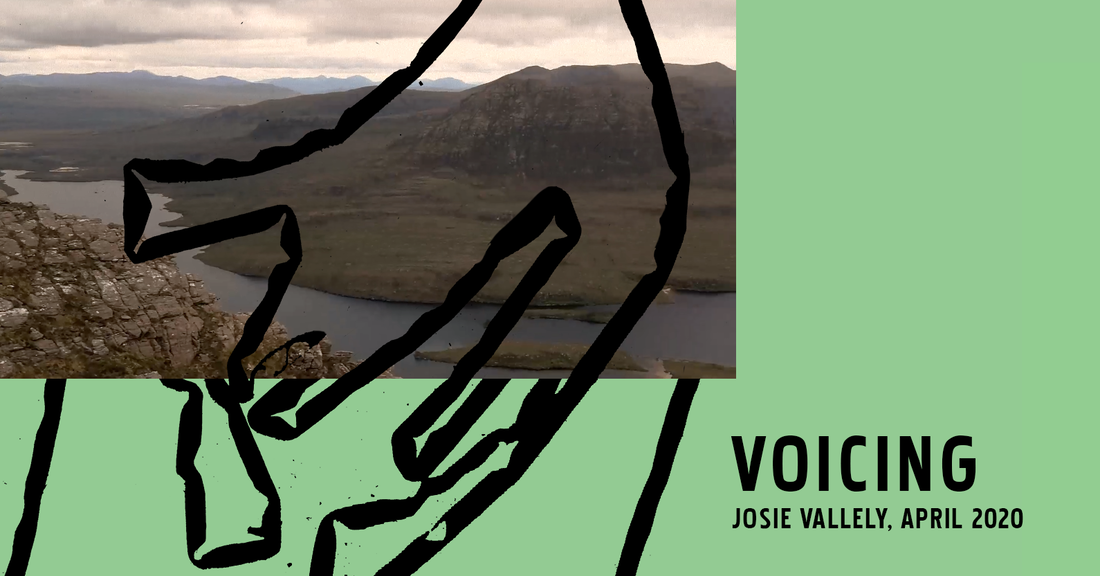|
Who Do Songs Belong to? There are people who can or cannot sing particular songs, or whom songs belong to. This style of singing that I am inspired by is rooted in communities of Scottish Travellers of the North East of Scotland. I have a commitment to the style of singing, but I do not see myself as having a role in the preservation of the arts of Traveller Culture or in saving songs from oblivion. Traveller Culture doesn’t need to be acknowledged or heard by settled people in order to have legitimacy. That is why I focus my efforts on creating new work that isn’t based on a concept of these songs as archaic relics or cultural products for export. I see songs as “‘a way of trying to describe what is in fact going on, what people actually do and feel, how people relate to everything else in this vast sack, this belly of the universe, this womb of things to be and tomb of things that were.’” - Le Guin 1986 essay “The Carrier Bag Theory of Fiction” Tomorrow, songs Tomorrow, songs
The Scottish Heritage Industrial Complex* continues to articulate a reductive stereotype of our folk culture that re-enforces colonial nostalgia, nationalism, imperial militarism, toxic masculinity, and white supremacy. It is only by holding each other to account that we can begin to reaffirm our relationship with this type of music and create a space where folk traditions can exist outside the grip of authenticity. “We need to open up spaces for learning and dialogue, reflecting on shared experiences of dispossession, dislocation and subjugation, always in the spirit of reconciliation. In this context, giving new voice to these old songs becomes a radical act.” Mairi Mcfayden Tradition is a organic and living process of meaning-making routed in place. These songs are articulations of living, making and working collectively. These images of spinning wheels, peat, washing drying on lines or herbs in forests draw community to me. They give me connection to an imagined and real Scottishness based on some pseudo shared cultural understanding of a past. * I just made that up Comments are closed.
|
AuthorWritings, reflections and an archive of research from Quinie (Josie Vallely). Archives
February 2024
|


 RSS Feed
RSS Feed
